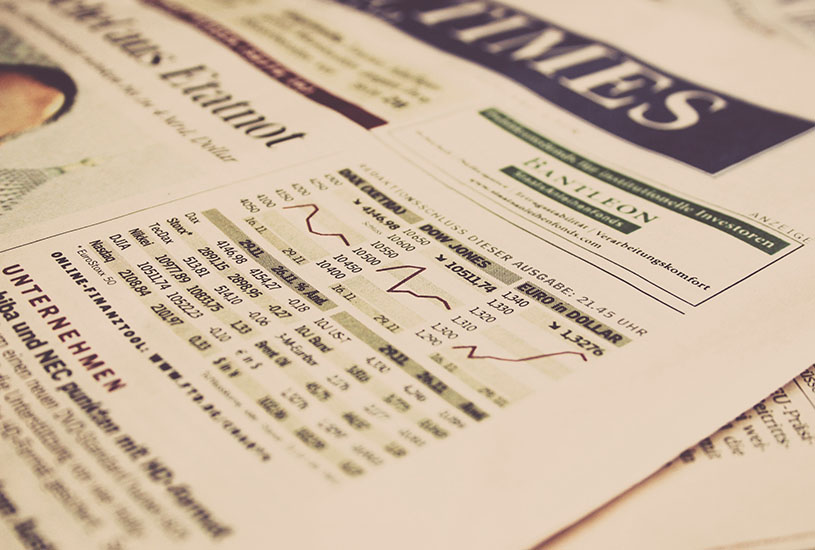As Australia’s cash rate heads closer to zero with recent cuts, a Deakin University finance academic says a re-elected Coalition government must act decisively to stimulate the Australian economy.
Associate Professor in Finance at Deakin Business School Victor Fang said the recent election, global trade wars, and the continuing washout from the banking royal commission were having a big impact on key economic drivers, including international confidence, wage growth and a flat-lining housing market.
Associate Professor Fang said the decision by the Reserve Bank of Australia (RBA) to cut the cash rate by 25 basis points, would likely be followed by another similar cut at its July or August meeting, leaving the rate at just 1 per cent.
“Our cash rate has never been this low so it’s hard to know what’s going to happen, but will any institution want to lend out money for free?” he said.
“Our wages have not been growing because of weak productivity growth and weak inflation. People are spending less, so the consumer spending index is in its record low.
“By cutting the cash rate the RBA hope to stimulate business activity. Loan holders will have some surplus to spend in the retail sector, and the RBA will be hoping it’s not just used to pay down more of the loan.
“But of course this can only be realised if the cut is passed through by banks to borrowers, and quickly.”

Associate Professor Fang said he hoped the cut would stabilise the housing market, by encouraging more people to borrow under historically low interest rates.
“But the condition is that banks must be willing to lend, and they have been more reluctant since the royal commission,” he said.
Associate Professor Fang said this was where the Federal Government needed to do more to step in.
“From an economic sense the incumbent government getting re-elected is a good outcome for the public, because it gives foreign investors more confidence. You can see that with the Australian dollar holding at 69 cents to the US dollar,” he said.
“The re-elected Federal Government also made an election promise to effectively reduce the 20 per cent deposit first home buyers need to just five percent.
“That could provide a new stimulus to encourage people to enter the property market, and stabilise property prices, so we may see a rebound when this is introduced.

“But what I also think we need to see is the government relaxing some of the rules allowing foreign investors to buy property, both existing and new, that’s what will allow for a rebound in property prices.
“And if banks can lend to these foreign investors, then that would increase the property market also. At the moment, the government is not allowing banks to lend to foreign investors to invest in existing properties.”
Associate Professor Fang said the historically low interest rate environment was ultimately a big concern for Australia’s economy.
“If the interest margin gets too much closer to zero, there will less incentive for banks to lend money because there’s less profit to be made and depositors will have no interest return on their savings,” he said.
“A low interest rate environment is not a good thing, there has to be a balance. But that’s difficult in this environment with low growth and trade war currently playing out between the US and China, which makes the whole world jittery that we are going to see another recession.
“If the US-China trade war intensifies, it will lead to a weak economic growth in China, and that has a big flow on effect for Australia because China is our biggest trading partner.”
Deakin Business School



